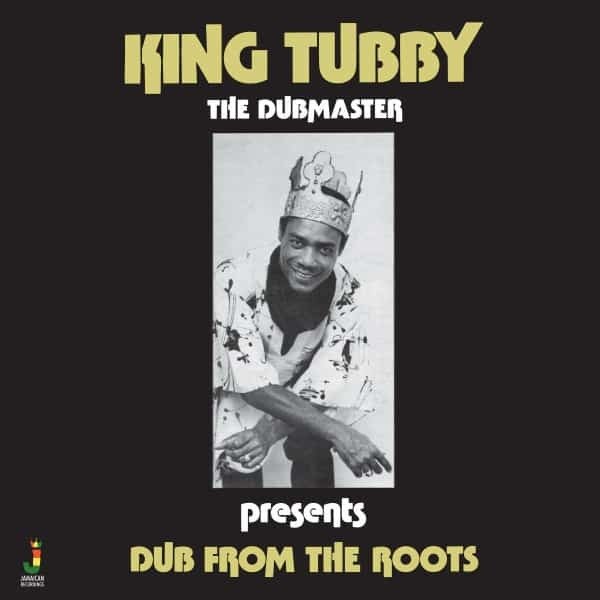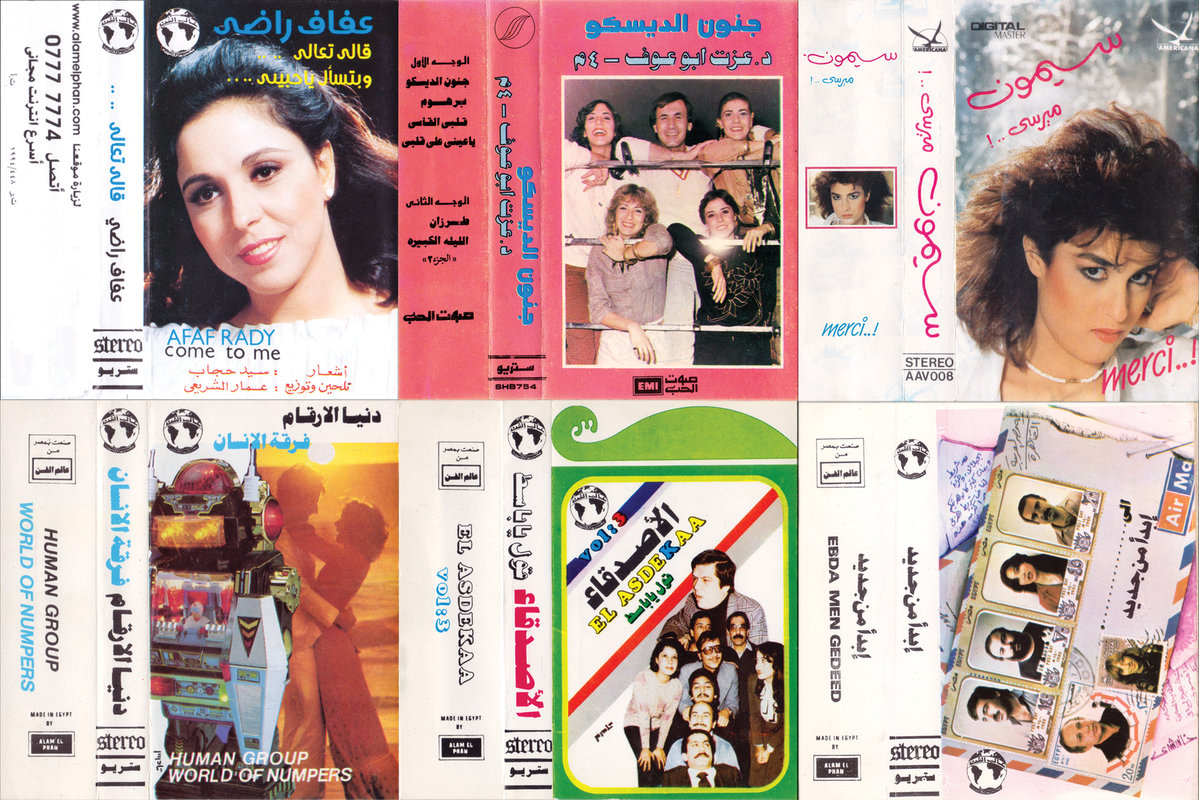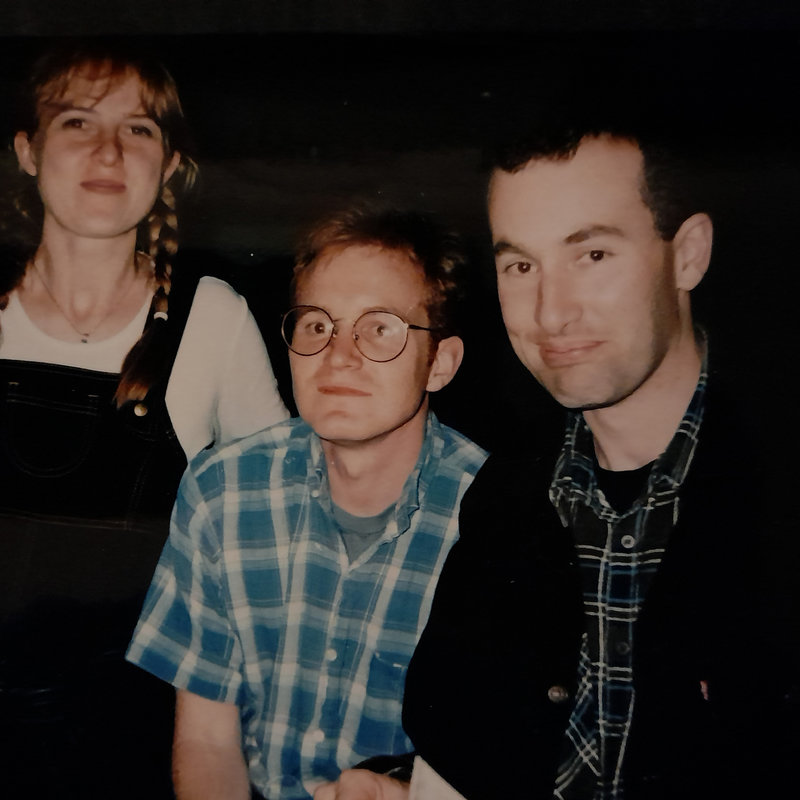
“In some ways, I sort of feel like we peaked not much longer after that and sold less and less records,” says the Australian songwriter, bassist and producer Andrew Withycombe. Speaking to me from Melbourne, he’s wryly reflecting on the self-titled debut album from Hydroplane, originally released in 1997 through the US label Drive-In Records. An understated classic within the Australian underground music canon, Hydroplane’s debut is a nocturnal melange of breakbeat drum loops, ambient guitar experimentation, haunting keyboards and ghostly, dreamy vocals delivered by Kerrie Bolton. Call it ambient pop, perhaps?
Andrew, Kerry and Bart Cummings formed Hydroplane in 1996 as an offshoot of The Cat’s Miaow, the cult Melbourne indie-pop band they played in with drummer Cameron Smith in the early to mid-nineties. Launched after Smith decamped to London, Hydroplane allowed the trio to blend indie-pop with tape loops, hardware sampling, and in the wake of hearing DJ Shadow's seminal Endtroducing..... album, a borrowed Roland Jupiter-4 synth. Initially, the plan was to release a collage of song snippets and sound pieces titled Excerpts From Forthcoming LP as a 7". However, at the behest of Drive-In Records, they fleshed their ideas out into a full album. Over the next four years, Hydroplane's catalogue expanded to include a series of singles and EPs and three full-length albums. Along the way, they were championed by the late great BBC Radio One DJ John Peel, and connected with labels such as Wurlitzer Jukebox, Bad Jazz, Elefant Records, Liquefaction Empire and Little Prints, while gradually fading into the background.
On May 6, Melbourne's Efficient Space will release the first-ever vinyl edition of Hydrophone's debut album. In light of this moment, it seemed fitting to give Andrew a call.
Xpressway showed us that you could do it. There was a whole worldwide underground scene for it back then.
Test Pressing: Could you tell us a bit about Melbourne's music scene in the early nineties?
Andrew Withycombe: Bart and I had sort of been playing in bands since the eighties. Way back in the early eighties, I played in some hardcore punk bands before giving up for a while. By the early nineties, we were both living out in the country, sort of nearby each other. I'd been overseas, moved back, and then went back to Melbourne. It was an amazing time. You could go out practically every night of the week and see really good bands play. There were plenty of venues, and they were good venues. We knew this band, The Sugargliders, who were released on Sarah Records. They had a profile, so opening for them was always a good way to get a show. We'd also play in various other bands as well as our own bands.
Test Pressing: From what I've seen, it looks like everyone was playing with everyone at the time.
Andrew Withycombe: Almost. Bart and I played in another band called Blairmailer. We toured the US in 1994. That band morphed into another band called Huen, and we toured The States again in 2001. There was always a tie in with other people's bands. The thing with Hydroplane, though, and even The Cats Miaow, is we rarely played live. By then, we were taking a different model. I got sick of trying to book shows, and we thought, let's take a more global approach. We were inspired by friends of ours who had released music overseas, and you know, a lot of this was pre-internet as well.
Test Pressing: When you say that, I think about people from the New Zealand noise scene like Bruce Russell from The Dead C, who ran the cassette label Xpressway (1988-1993) and was networked with labels and distributors across Europe and America.
Andrew Withycombe: Definitely. Bruce is a great publicist and what he was doing had a cult-like following. He was definitely an inspiration to what we were doing, as far as doing it yourself. Xpressway showed us that you could do it. There was a whole worldwide underground scene for it back then. When The Cats Miaow started, the thing was selling cassettes. We started selling them in The States with Ajax Records in Chicago. We wrote to them, and they sold them through their mail-order catalogue. We just get credit and buy records from him.
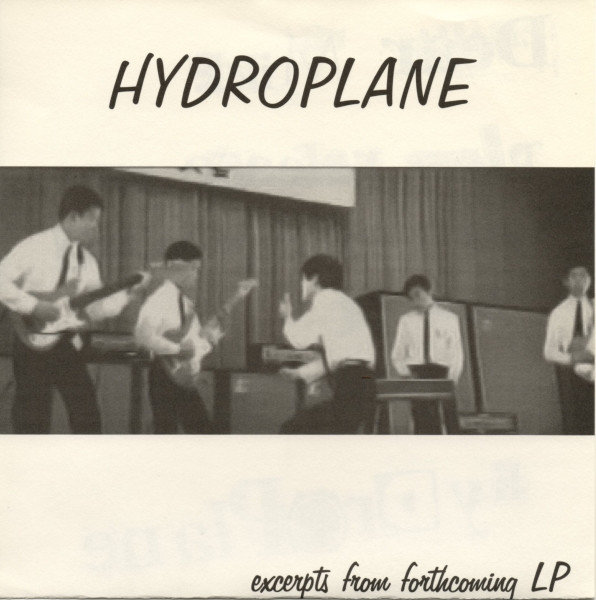
I’d been playing around with experimental loops since the late eighties. I was just using tapes, but I’d never really tried out breakbeats.
Test Pressing: The really striking thing for me with Hydroplane is how you were combining looped breakbeats with dream-pop and ambient elements. Can you talk a bit about what was going on here?
Andrew Withycombe: When you put it like that, the band probably doing the closest thing to what we were doing was The Stone Roses. Some of their late stuff, where the drummer is almost playing the funky drummer break.
I'd been playing around with experimental loops since the late eighties. I was just using tapes, but I'd never really tried out breakbeats. Then I got this cheap and nasty sampler that had two seconds of sample space. To fit a breakbeat on there, you would record it on tape and speed it up really fast to compress it down to two seconds. Then you'd sample it and play it back on the sampler's keyboard. You could play the sample on any note, so you'd go for the lowest note.
To be honest, I don't know why we used breakbeats like Funky Drummer. I think we just liked them. There was something in DJ Shadow's Endtroducing..... album, in particular, 'Midnight In A Perfect World' that has that sort of feel. It wasn't intentional, but it informed the direction, even though there is actually minimal sampling on the record. Most of those other sounds were made on the Roland Jupiter 4.
Test Pressing: Sample-based rhythms matched with original music.
Andrew Withycombe: Completely. We mostly released 7" records, cassettes, and split projects with The Cats Miaow, and they were often a bit disjointed. This was the first time we made a proper album, which probably made things more stylistically consistent. We set a target for ourselves, where we had to finish this album within x amount of; I can't actually remember how many months it was at the time.
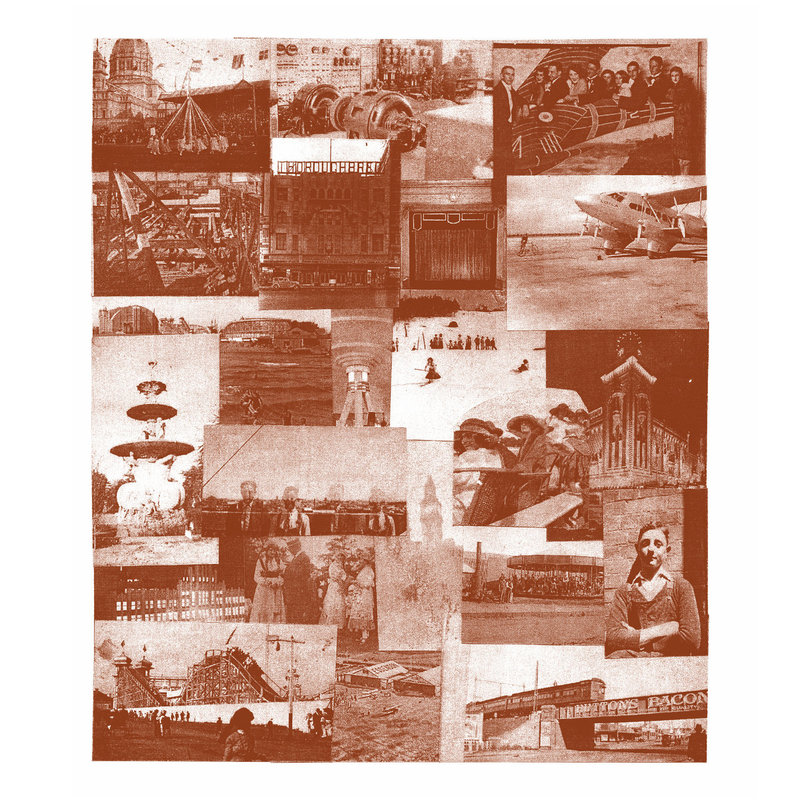
Test Pressing: When do you think you started thinking intentionally about releasing music overseas?
Andrew Withycombe: When we started The Cats Miaow, we wrote to labels that we liked and seemed realistic to contact. In 1993, I went to The States and met up with a few of the labels who had written back to us. A year later, I met up with the guys from Drive-In Records, so we built towards working with them over several years.
In 1995, Bart and I went to England and stayed with Cameron. That was where we met up with Keith Jenkins, who founded Wurlitzer Jukebox. He had a lot of contacts. He knew the guy who ran Bad Jazz, who I think works for Mute Records now. When Keith first approached us about The Cats Miaow doing a flexi-disc with Stereolab, we thought he was mad, but it was a lot of fun. If he liked an idea, he would just run with it.
Whether it’s just because of how badly recorded it is, the noise, tape hiss and that creates an element of atmosphere as well. I guess if it was done more pristine, it wouldn’t be the same.
Test Pressing: From what you were saying earlier, it sounds like Hydroplane was a way for you to combine the indie-pop songwriting you'd honed with The Cats Miaow with some more experimental production techniques. In saying that, the Hydroplane album is still very accessible.
Andrew Withycombe: No, it's kind of just doing what we'd always done, but a bit slower maybe, and with more drones in the background and looping. We'd always done those things, but with The Cats Miaow, it would have been one song on a single that was more experimental. This time, we seemed to condense those ideas into a single record.
Test Pressing: Do you think it was more about atmosphere?
Andrew Withycombe: Whether it's just because of how badly recorded it is, the noise, tape hiss and that creates an element of atmosphere as well. I guess if it was done more pristine, it wouldn't be the same. We were just working with what we had, a Tascam 4-track recorder. It would have been nice to have a few more tracks, but it was a good machine. We had recorded in the studio earlier in The Cats Miaow's life, but we couldn't work that way. We had our own vision and needed to work at our own pace.
Test Pressing: Before I started recording, you mentioned that The Cats Miaow is getting back together to write some new material. What's going on there?
Andrew Withycombe: We've got reissues coming out. In addition to the Hydroplane reissue, we've got two The Cats Miaow reissues coming out. Given that we're doing something, we thought, why don't we get together? Everyone is in the country now, so we thought we'd meet up and see if we can write some new songs, have a go at recording and see how it all sounds. It might be bad, but who knows?

